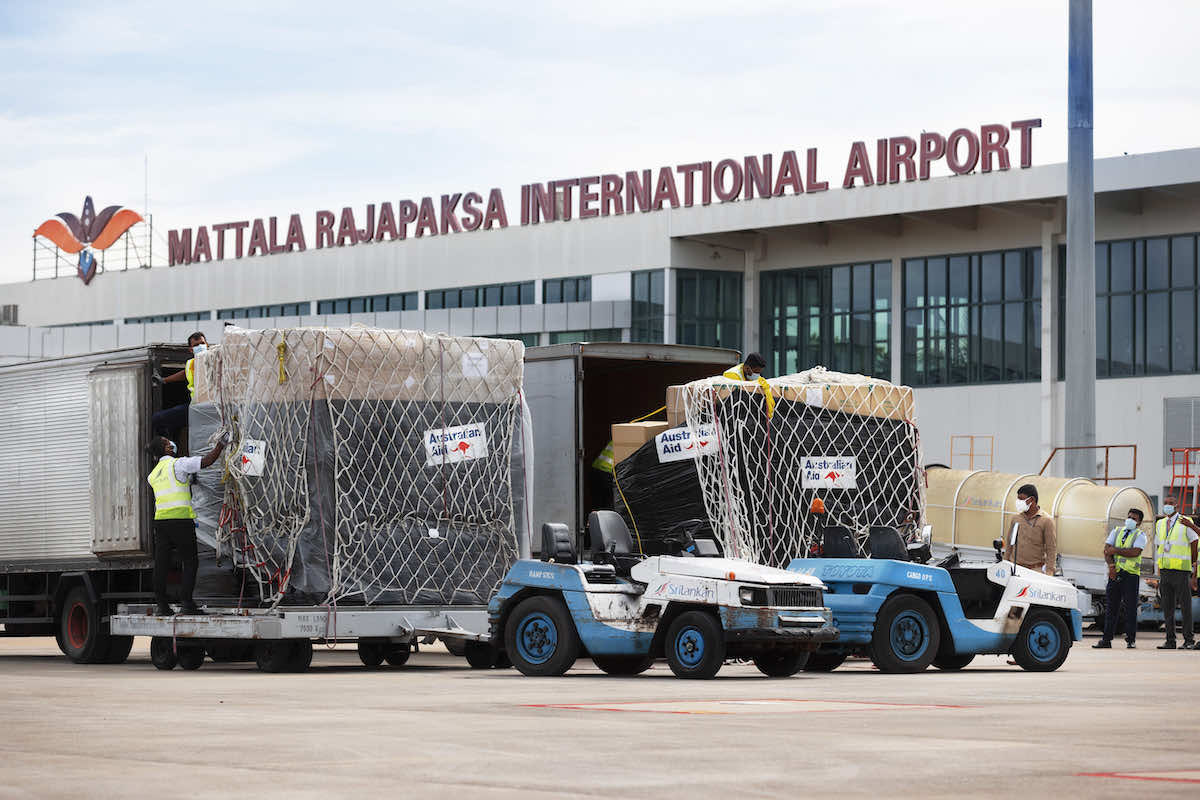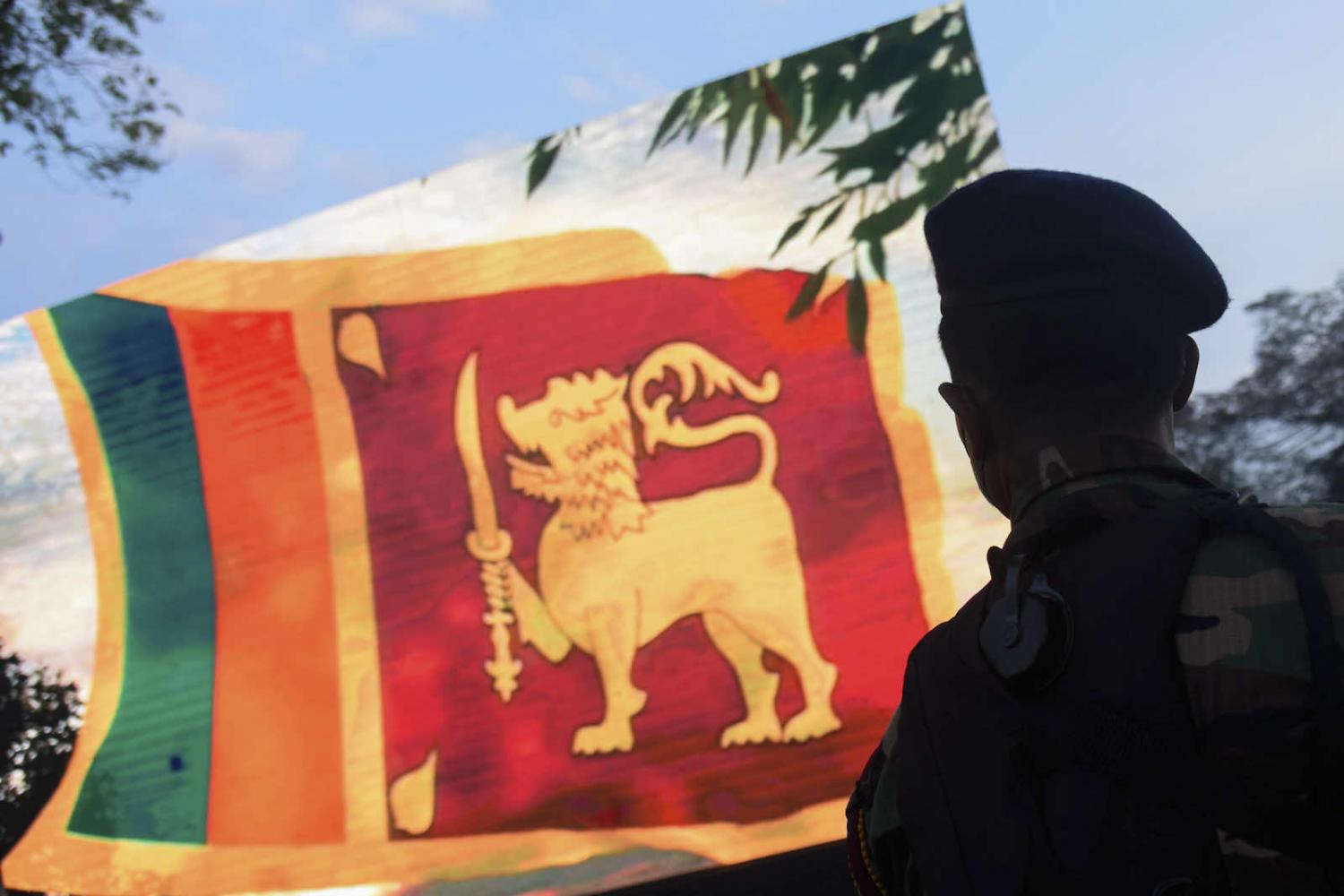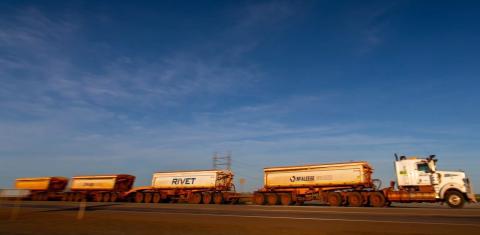Australia’s focus on building the India relationship has led to the relative neglect of other important Indian Ocean states. This has left a hole in its Indo Pacific strategy.
Last month, Foreign Minister Marise Payne announced a raft of new Australian initiatives in the northeast Indian Ocean as a move towards Australia’s enhanced engagement in that region. It may not yet be an “Indian Ocean Step-up”, but at least it’s a move in the right direction.
The 2020 Defence Strategic Update identifies the northeast Indian Ocean, along with Southeast Asia and the Pacific, as the three priority areas surrounding Australia as part of its “immediate region”. Australia has long been focused on Southeast Asia and the last few years has featured the Pacific Step-up. But only very recently has the northeast Indian Ocean come into greater focus.
Although it is unlikely to reach Southeast Asia or the Pacific in its strategic importance to Australia, the northeast Indian Ocean region will be of greater significance than ever before.
Growing strategic competition between the major powers is threatening the stability of the region. Countries such as Bangladesh, Sri Lanka and Maldives are keen in engage with Australia, which is seen as a benign partner that can balance other relationships and help build their capabilities, particularly in maritime security. Australia has a strong interest in seeing a stable and prosperous region with well-governed maritime spaces. The growing Chinese presence in the region also demands enhanced engagement by Australia.
These initiatives follow similar moves by Quad partners, the United States and Japan, to step up security relationships in the region.
Payne’s announcements include the opening of a High Commission in Maldives and new spending initiatives of $36.5 million on maritime security, trade and connectivity in the northeast Indian Ocean. These include funding to improve regional cooperation on maritime shipping, disaster resilience and information sharing. The recent MV X-Press Pearl shipping disaster off Colombo was an important reminder of the vulnerability of the region to shipping accidents and the need for enhanced regional cooperation in environmental security.
Other initiatives focus on enhanced business engagement, including funding for:
- opportunities in the digital sector in Bangladesh, including in government and financial services
- promoting investment in infrastructure, likely through the creation of a Bay of Bengal equivalent of the Australia-India Infrastructure Forum to promote 2-way infrastructure investment
- improving access to Indian and Bangladesh markets for Australian mining equipment, technology and services (METS) providers (long a sore point for Australian companies doing business in India)
- building LNG supply chain relationships between Australia, India and Bangladesh. This will be modelled on Australia’s successful (some might even say too successful) experience in actively developing the LNG supply chain with China over the last two decades. These two markets will likely to have considerable significance for Australia’s LNG industry.

Australia has long had a good working relationship with Sri Lanka, particularly in border management and transnational crime. While enforcement measures by Sri Lankan authorities and Australian publicity campaigns have largely put a stop to people smuggling from Sri Lanka, border management and maritime surveillance remains a key focus of the relationship.
In 2021, Australia gave about 4200 Vessel Monitoring System (VMS) units, a radio tracking system, to help Sri Lanka to keep track of its fishing fleet. Five drones were also donated to the Sri Lankan police to improve their surveillance capabilities. Australia also recently sponsored the “Zero Chance” competition, for Sri Lankan film makers to produce short films with an “anti-people smuggling message”.
Australia also provided US$5 million to help to establish a Sri Lankan Border Risk Assessment Centre (BRAC). This is part of a new strategy that helps the 11 Sri Lankan agencies with responsibilities for border management to share intelligence, systems, resources, and real-time data to detect and respond to unlawful activity. The establishment of the BRAC is also an opportunity to demonstrate Australia’s expertise in border management.
Bangladesh, with a population of more than 160 million people and a booming economy has become a regional heavy-weight and will be a major source of economic opportunities for Australia. In September 2021 Australia and Bangladesh signed a Trade and Investment Framework Arrangement that provides a platform to find ways to energise economic ties and bring down barriers to trade and investment. It’s a very long way from a free trade agreement, but at least the two countries are talking.
There is also growing interest in enhanced security engagement. An Australian Defence Advisor is being posted to Dhaka, which may help open up a raft of potential initiatives for enhanced Australia-Bangladesh security ties.
Australia has also moved to enhance engagement with Maldives, including credentialing the Colombo-based Defence Advisor. The Australian Federal Police already works closely with Maldives authorities on a range of issues including drugs and violent extremism.
The opening of an Australian High Commission in Male, announced by Payne, rounds out Australia’s diplomatic representation in the region. The representation in Male follows the recent opening of a diplomatic post by Britain, and plans for a US embassy.
Bilateral relations in the Bay of Bengal region will also be complemented by greater engagement with the regional multilateral grouping, BIMSTEC. Among other things, Australia hopes to be given observer status with the grouping as part of a demonstration of commitment to the region.
All these initiatives follow similar moves by Quad partners, the United States and Japan, to step up security relationships in the region. Britain too is giving heightened focus on the Bay of Bengal states as part of its Indo Pacific tilt. This may sometimes involve delicate juggling of concerns over human rights violations in both Bangladesh and Sri Lanka.
These initiatives might be small steps, but they signal moves towards plugging an important gap in Australia’s Indo Pacific strategy.
This article was produced as part of a multi-year project being undertaken on the Indian Ocean by the National Security College, Australian National University, with the support of the Department of Defence.

